Beyond Mandal and After: Backward Classes in Perspective
Synopsis
In this book the author has examined the social and political processes during the colonial period, which resulted in including in the constitution, the provisions for positive discrimination in favour of the disadvantaged sections of Indian population. Drawing upon historical facts, he has proved analytically that the policy of positive discrimination does not necessarily reflect the humanist approach of the Political leadership of the time. Against the backdrop of the character of the ruling class, it became a political necessity to adopt a strategy of balancing various socio-political forces for ensuring the legitimacy and stability of the Indian State. In this strategy the dialectic of the Fundamental Rights and the directive principles of the State Policy has been an important factor. Prof. Roy Burman also analysed the imperatives and constraints underlying the establishment of the first and the second Backward Classes Commissions at different points of time and the responses of the political elites of diverse hues to the recommendations of the commissions. He has argued that for developing a strategy of social transformation, cognisance should also be take of caste along with other relevant factors; but one must be careful that caste is forces, thereby, are not further entrenched. One must find one’s way out of the labyrinth of castes. Mandal Commission, according to the author has not only extolled caste as the prime mover of India’s polity in the past and even in the future almost as destiny’s blue-print, but has also presented facts and figures of questionable authenticity. Prof. Roy Burman has discussed caste, syndromes with all its ugly symptoms and perniclous manifestations not by ignoring caste, not by were looking essence of positive discrimination, but through the one set of other social forces in a carefully worked out time-space frame. He has also suggested that the more basic issue of tracing the moving loci of equality and Inequality will have to be examined by simultaneously taking loci of equality and inequality taking into consideration the counter hierarchical traditions of people’s cultures in diverse historical perspective and the common heritage of humanity emerging out of the global struggle, for the right of survival, for reduction of disparities, for individual and collective dignity and for freedom of creative expression and communication.
Read more
6.30
5.67
$
7.00 $
Free delivery Wolrdwidе in 10-18 days
Ships in 1-2 days from New Delhi
Membership for 1 Year $35.00
Get it now and save 10%
Get it now and save 10%
BECOME A MEMBER

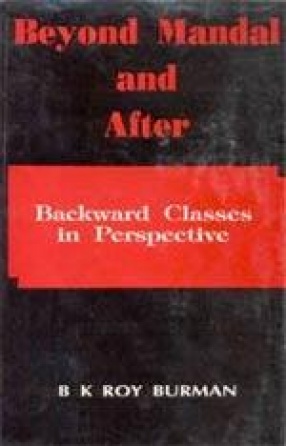
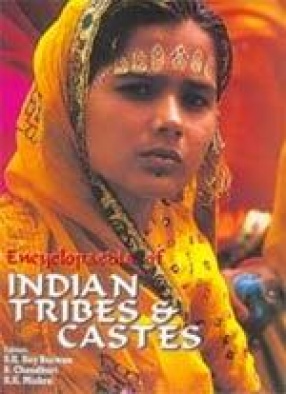

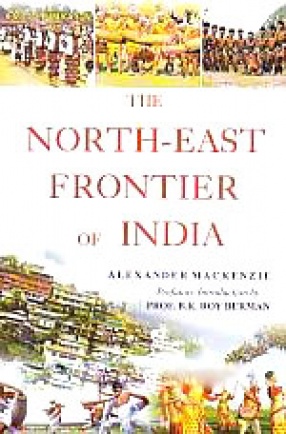

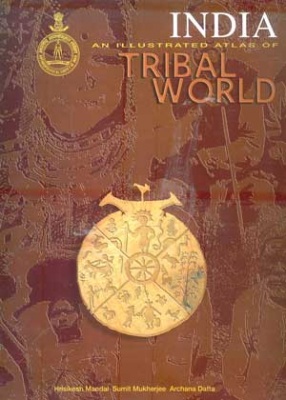
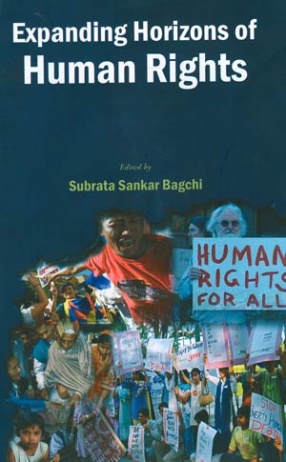
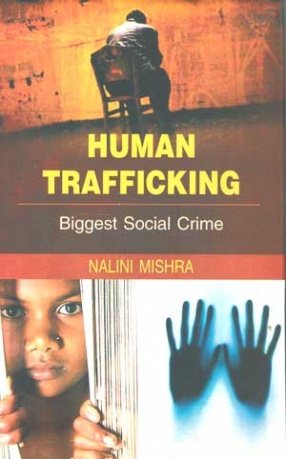

Bibliographic information